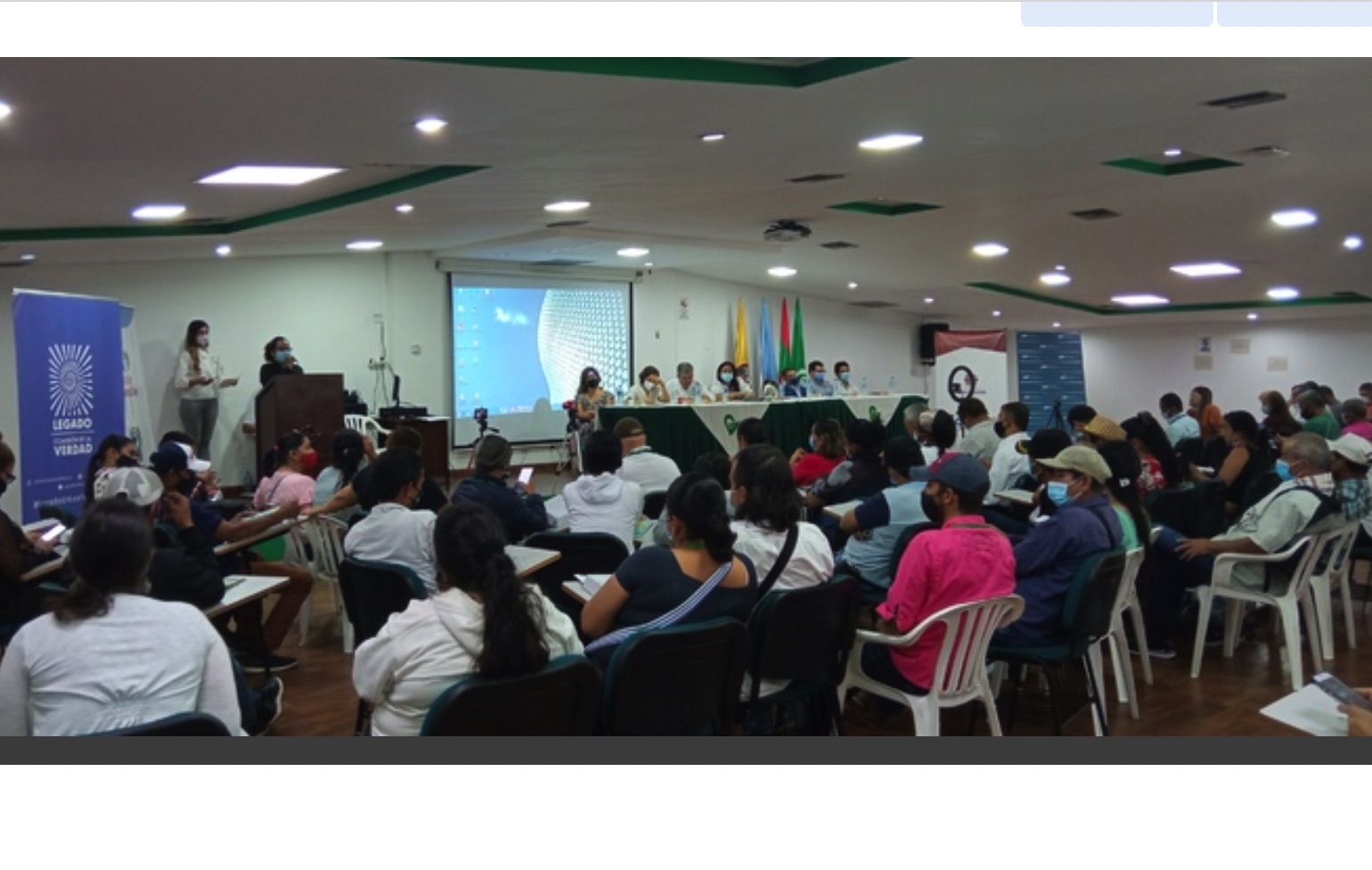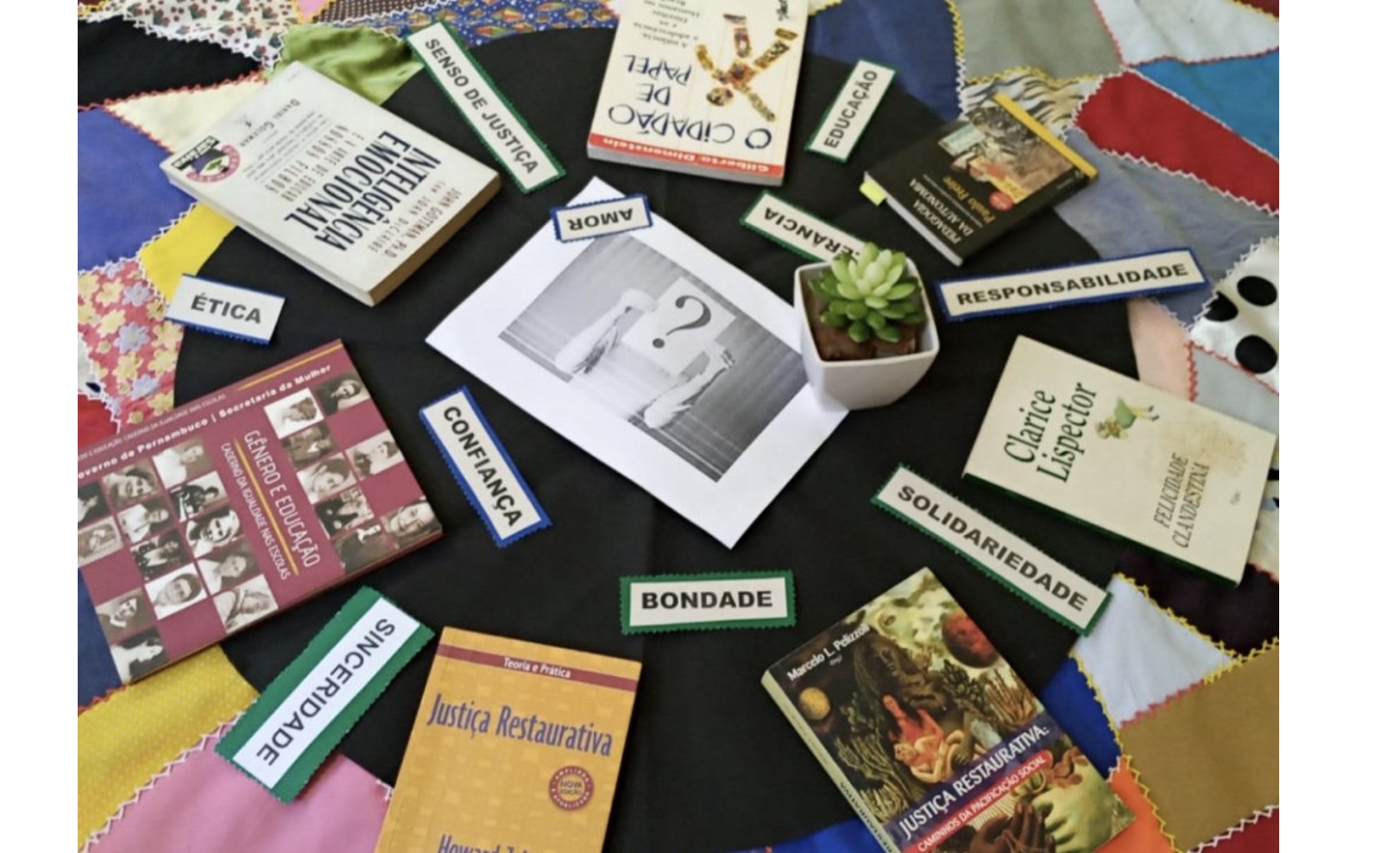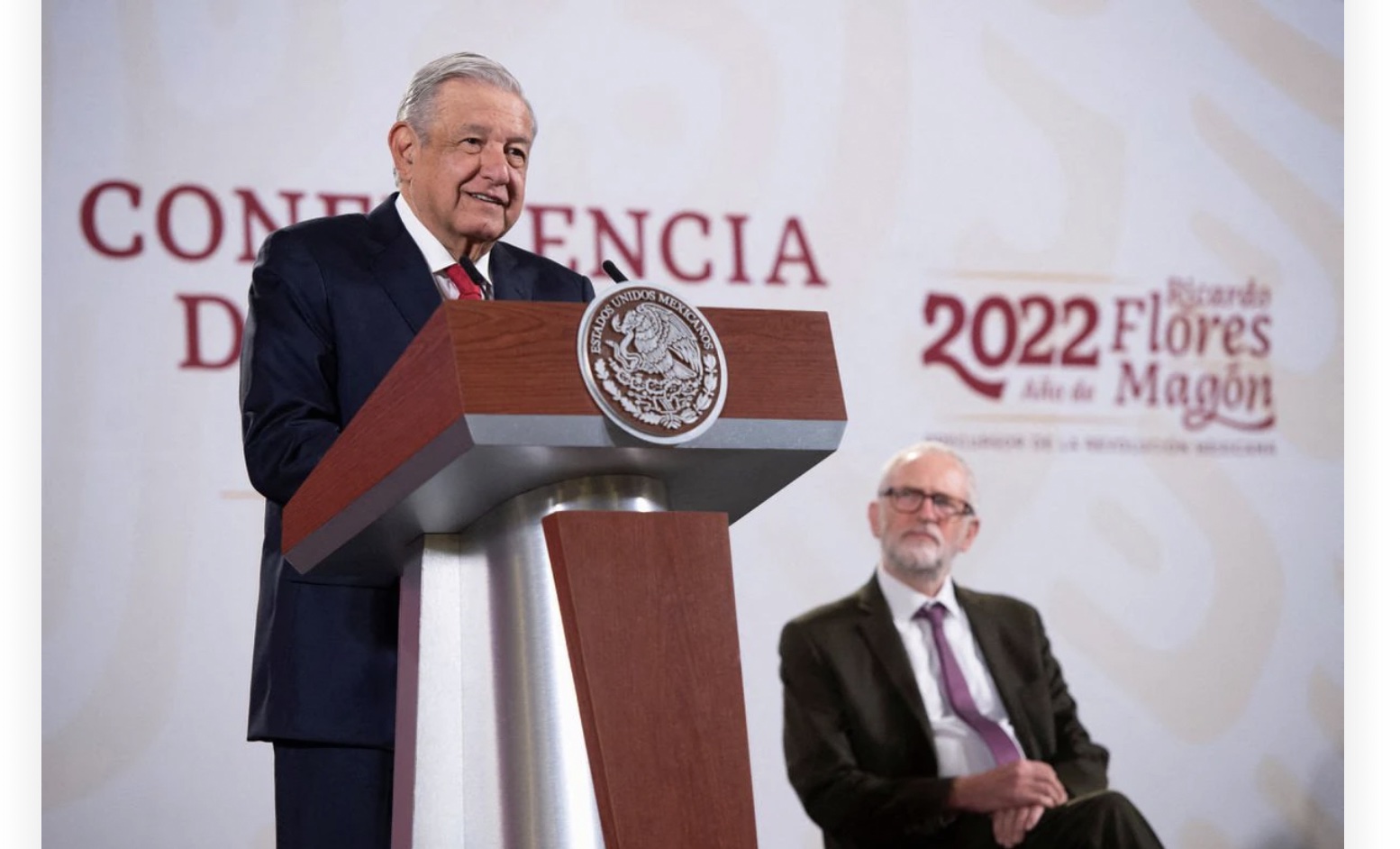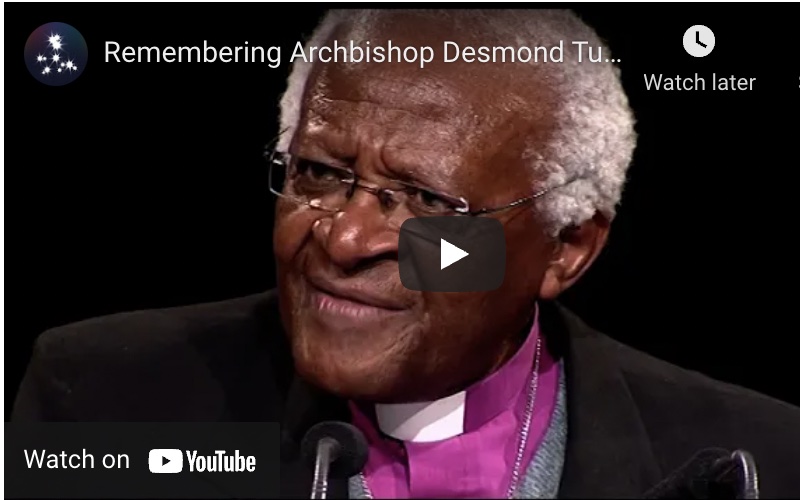TOLERANCE AND SOLIDARITY .
An article in El Periodico de Aragon (translation by CPNN)
More than 140 people are participating in the first Congress ‘Aragon, culture of peace’ to address the phenomenon of migration. The event, which began this Wednesday, is scheduled by the General Directorate for Development Cooperation and Immigration, in the Department of Citizenship and Social Rights of the Government of Aragon.
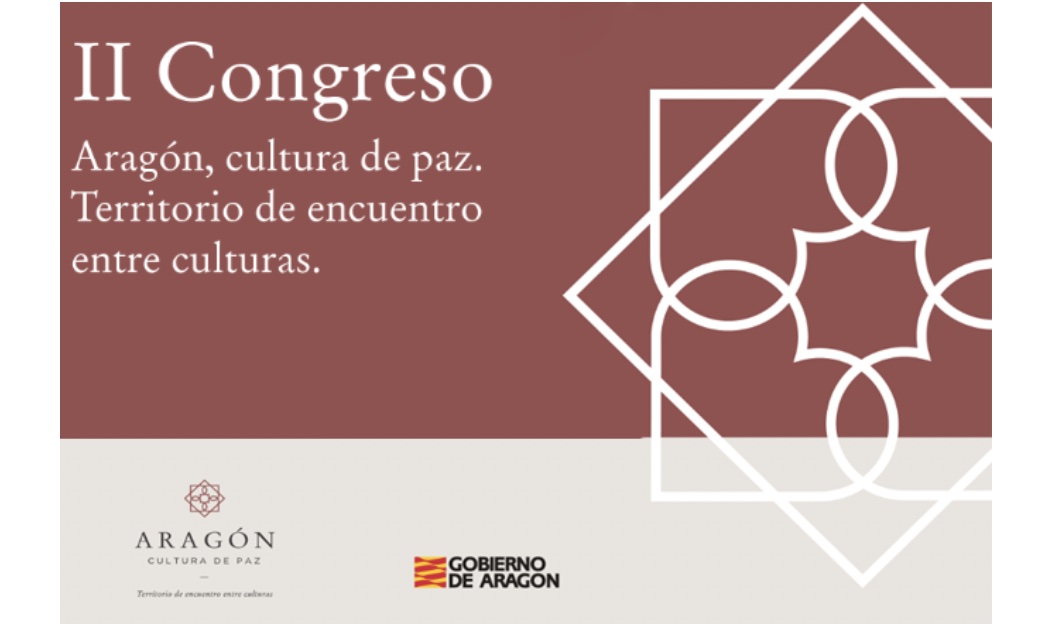
This initiative takes place on the occasion of the International Day of Migrants, which is commemorated on December 18. During two days, this Wednesday and Thursday, numerous experts will reflect on the phenomenon of migration and its enriching value for society.
In total, 144 people have enrolled from very different fields of knowledge, from nurses to social workers, doctoral students, civil servants and Administration personnel, and 85.7 percent have requested the issuance of an assistance diploma .
At the same time, this Congress will serve as a prelude to the Plenary of the Immigration Forum, a body that brings together the different actors working on immigration in Aragon, which meets again – the last time was in June – to update its work.
In 2019, there were 75,012 men and 73,212 women of foreign origin in Aragon. The Minister of Citizenship and Social Rights, María Victoria Broto, in charge of opening the congress, has pointed out that “Aragon is a host country, it is a territory of solidarity and it is necessary to address, at this time and in the current circumstances, what is the situation in the world, what needs are there and how they can be addressed from the point of view of the Administrations, institutions and entities “.
(Article continued in right column)
(Click here for the original Spanish version of this article)
Question for this article
The refugee crisis, Who is responsible?
(Article continued from left column)
“We are very happy to host this Congress in which we will listen to voices that will analyze the reality of migration also from the point of view of those who arrive and need to be understood and helped. After what they have experienced this year in which the covid has paralyzed everything, it is mandatory to stop and think and not forget that the needs are still out there and that, far from disappearing, they have increased, “he said.
For her part, the Director General for Development Cooperation and Immigration, Natalia Salvo, highlighted that, through this Congress, the intention is to continue with the commitment to research “as a source of rigor and seriousness” in order to implement public policies on migration.
“We have created a space for dialogue about migration, the management of cultural diversity and other phenomena such as international protection, all of this framed on an especially important date for us, the International Day of Migrants.”
The first presentation of the day this Thursday, which begins at 10:00 am, is led by Alberto Sabio, Professor of Contemporary History at the University of Zaragoza and will address ‘Ideas about peace in contemporary times: a reflection from History’ .
Afterwards, there will be the presentation ‘Democracy and polarization: on how democratic systems can promote the culture of understanding and stop polarization’, by Luis Miller, the sociologist and head scientist of the Institute of Policies and Public Goods of the CSIC. At 12.30 pm, after the break, the president of the Spanish Association for Peace Research (AIPAZ), Ana Barreiro, takes up again with ‘Informative and discursive approach to migration’.
EDUCATE FOR SOCIAL JUSTICE
In the afternoon, it will be the turn for the presentation ‘Educating for social justice: social representations and construction of shared responsibilities’, by the coordinator of the research area of the UNESCO Chair in Education for Social Justice, Liliana Jacott. Afterwards, the political scientist and member of ECODES, Cristina Monge, will speak about ‘Globalization and eco-social challenges for development and peace’.
On Thursday 17, the executive director of UNRWA Spain, Raquel Martí, will start with ‘A peaceful solution for Palestine’, which will be followed by the director of Migration Policies and Diversity in Instrategies and associate researcher at GRITIM-UPF, Gemma Pinyol-Jiménez , with ‘Migration, coexistence and culture of peace’.
The last presentation will be given by Carmen Magallón, the director of the Peace Research Seminary Foundation (SIP) and Honorary President of WILPF Spain, who will address the topic ‘Women, peace and security. 20th Anniversary of Security Council Resolution 1325, a milestone that defends the incorporation of women in peace processes’.
